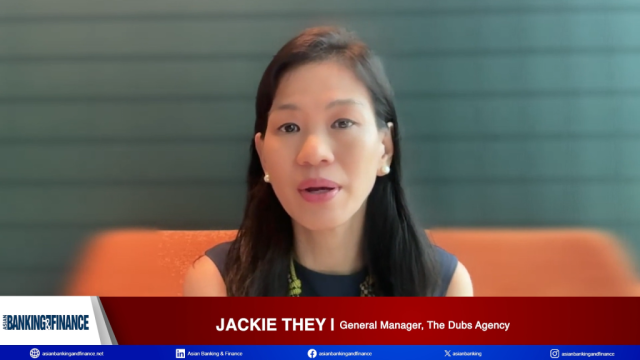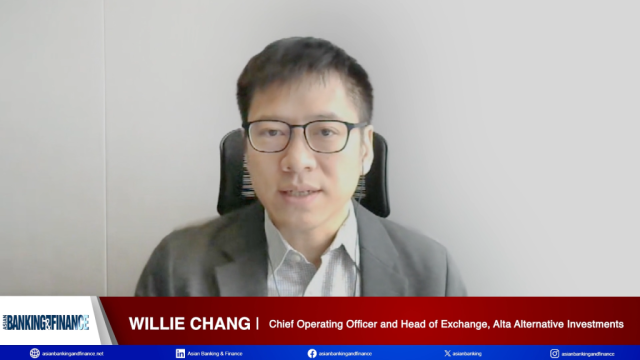
Korea's shrinking bad loan record at risk as SOHO loans turn sour
Such loans accounted for a fifth (22%) of total bank lending as of end-June.
The slow but steady growth of small office/home office loans (SOHO) in South Korea may bog down the country’s banks as they run the growing risk of turning sour, according to Moody’s Investors Service.
Also read: Korea's bad loans shrink to record-low in Q1
SOHO loans or sole proprietorship loans for small businesses and retailers are extended by businesses that are usually helmed by the baby boomer generation as an effort to supplement their retirement income. Such loans are usually marketed by banks as having low capital charges, high margins and high collateralisation rate compared to corporate loans.
The volume of SOHO loans extended by both banks and non-banks accounted for a fifth (22%) of total bank lending portfolio after rising 15.6% YoY in June to $525.5b (KRW590.7t).
Demand is also driven by the strong property market in the Korean capital Seoul, with real estate leasing accounting for nearly half (40.9%) of SOHO loans.
Against a backdrop of a rapidly ageing population with 15.6% of the population expected to be 65 years old or older by 2020, SOHO demand is expected to remain high in the coming years.
“Weakening consumer sentiment and rising unemployment could affect the performance of these businesses...and accordingly the quality of SOHO loans,” Sophia Lee, a Moody’s vice president and senior credit officer said in a statement.
Also read: South Korean banks' bad loans plunge to 10-year low in Q2
Although the performance of SOHO loans has been healthy so far, Moody’s notes that a number of macroeconomic indicators point to growing asset risk with smaller households taking out these loans particularly sensitive to negative changes in domestic economy.
“A deterioration in the quality of SOHO loans would be credit negative for Korean banks, but the associated risks are mitigated by our expectation of continued economic growth and the banks' underwriting discipline in extending these loans," added Lee.
In addition to weakening consumer demand, rising unemployment and increasing number of business closures, the low five-year survival rate of these company -- at around 27.5% -- and rising financial leverage also point to rising asset risk.
Photo from i.love.marimilk CC BY-SA 2.0























 Advertise
Advertise







